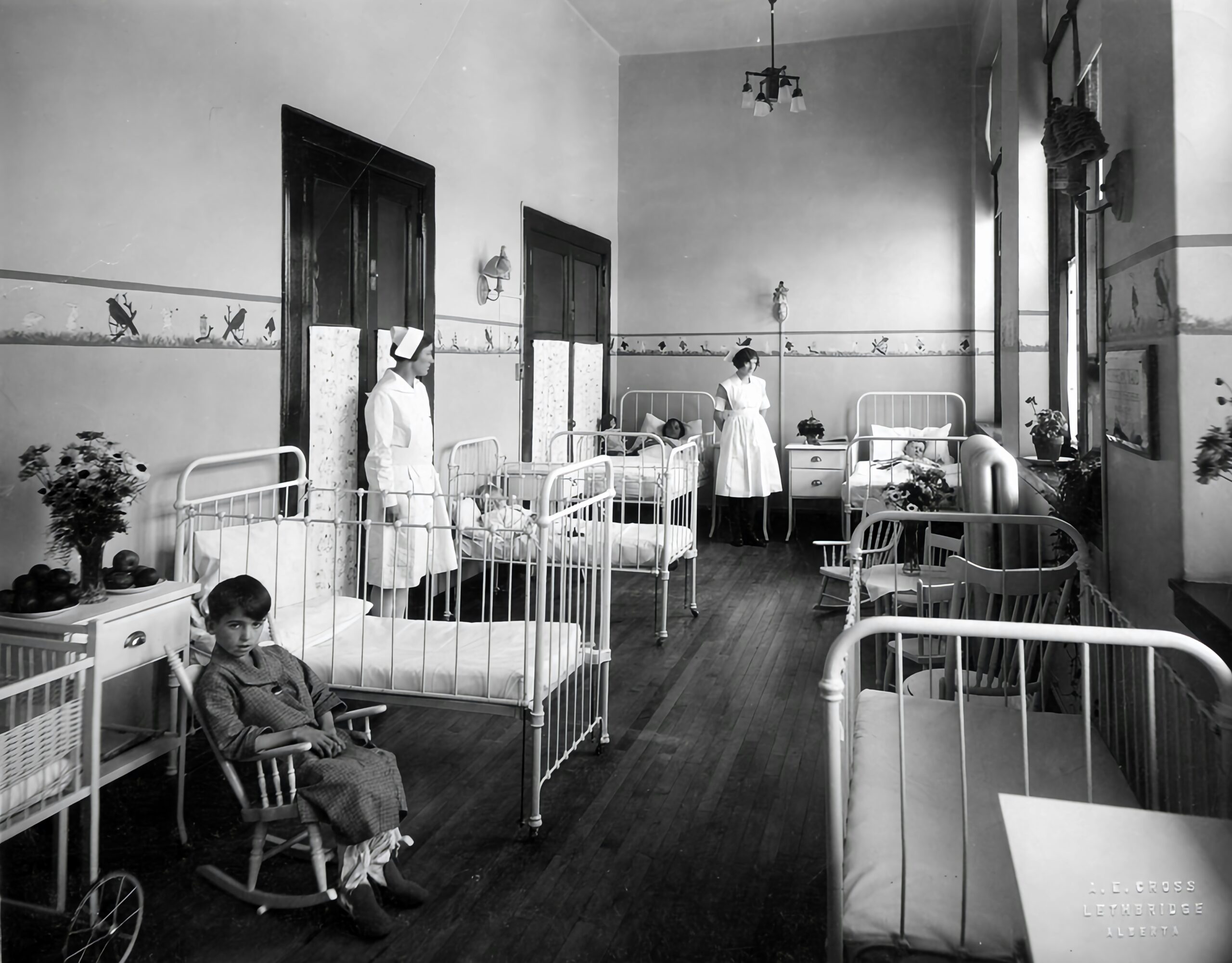Reconsidering Innovation
When you hear the word “innovation,” you often think of earth-shattering discoveries like the ability to communicate with people across the globe instantaneously or the ability to travel across the world in a matter of hours, discoveries that a little over a century ago would have been deemed impossible.
Yet some of the most overlooked innovation occurs in the most basic but crucial facets of our lives. Consider healthcare, an important aspect of everyone’s life yet a factor that was not made easily available to most people and in some cases was weaponized against certain populations.
A Brief Overview of Healthcare Inequities
For example, significant advancements in the field of obstetrics and gynecology occurred because of the cruel medical experiments that were conducted on enslaved women in the United States in the early 1800s. The development of the polio vaccine, as well as insights for AIDS, cancer research, and Covid-19 research, were based at least in part on Henrietta Lacks’s cancer cells, which were removed from her body post-mortem without her family’s knowledge. The Virginia Eugenical Sterilization Act of 1924, which allowed for the sterilization of individuals deemed unfit to have children, was upheld by the U.S. Supreme Court and set a precedent that other states followed. This act targeted mainly women of color and disabled individuals who were often coerced by healthcare professionals to provide uninformed consent for sterilization procedures.
These examples are provided to highlight points in history where healthcare inequities, malpractice, and unethical procedures were a cruel reality millions had to live with. Fortunately, there has been great innovation within the field of healthcare as greater patient safety measures are in place, clearer guidelines on ethical practices are widely known, and healthcare accessibility, particularly for low-income communities and communities of color, has increased.
Persistent Inequities
However, these advancements do not negate the ever-present and significant healthcare inequities that still persist. For example, a plethora of individuals in the United States do not have health insurance, and even those who do sometimes face barriers in receiving timely care due to factors such as approval processes. A study revealed that 75% of surveyed physicians reported that prior authorization delays resulted in treatments being abandoned. Additionally, the out-of-pocket costs for healthcare are extraordinarily burdensome, causing individuals to delay or not seek treatment for health concerns. The financial toll of healthcare disproportionately affects individuals of color.
These healthcare inequities can have disastrous ripple effects, as untreated illnesses can spread, affecting more people across a larger geographic scale. Additionally, a cycle of disenfranchisement is reinforced as debilitating health conditions prevent individuals from bettering their financial conditions, which further inhibits their ability to obtain quality medical care in many instances.
How We Can Move Forward
It is important to highlight these current inequities as well as the historical background to understand that progress is possible. It starts with increasing healthcare accessibility at the most basic level. Ensuring that communities have access to basic healthcare, including education on the prevention of health issues and the mitigation of existing ones. By connecting communities, particularly historically disenfranchised ones, to life-affirming resources and ensuring that costs are not a prohibition, the innovation that is the backbone of healthcare can continue to flourish. Healthcare is a human right, and with a strategic and compassionate approach, we can create a better tomorrow where no one has to choose between going hungry or going to the doctor.


One response
I’ll be thinking about these points for a while.